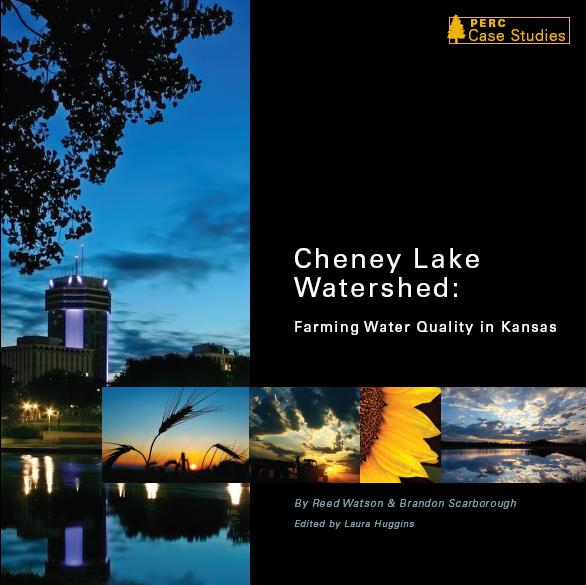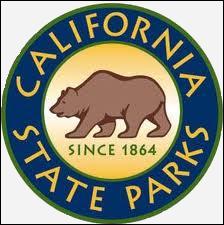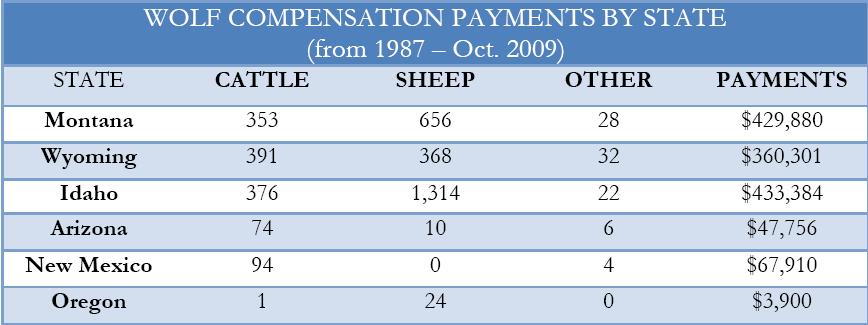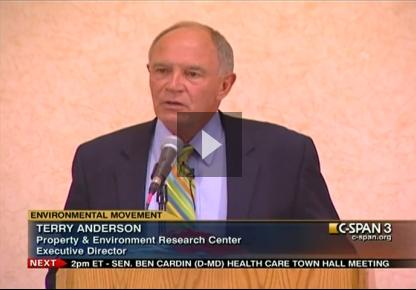by Brandon Scarborough Increasing water scarcity and decreasing water quality have become two of the leading environmental and economic challenges we now face. In a recent nationwide survey of water quality, the U.S. Environmental Protection Agency reported that roughly 42 percent of stream miles and 23 percent of lakes are in poor condition and noContinue reading “Turning Water Into a Crop: Lessons from Cheney Lake”
Author Archives: admin
Greener Than Thou: Recycling Edition
by Shawn Regan In today’s Boston Globe, columnist Jeff Jacoby says he’s not too excited about a recent household recycling campaign in Brookline, MA. But, he writes, “things could be worse.” Clevelanders will soon have to use recycling carts equipped with radio-frequency ID chips, the Plain Dealer reported last month. These will enable the city to remotelyContinue reading “Greener Than Thou: Recycling Edition”
Get excited about recycling? Not me
Recyling household trash makes people feel warm and fuzzy, but its not good for the environment.
Cheney Lake Watershed: Farming Water Quality in Kansas
Kansas farmers have adopted land management practices that improve water quality for residents of Wichita and protect fish and wildlife habitat without harming agricultural production.
An Unlikely Thumbs Down for Proposition 21
by Laura Huggins One could argue that California’s leading newspapers are one vast left-wing conspiracy. But as a friend of mine, Bill Whalen with the Hoover Institution pointed out today, “not all papers think alike—and certainly not their editorial boards.” Case in point: Proposition 21, which if approved would impose an $18 vehicle-license surcharge to helpContinue reading “An Unlikely Thumbs Down for Proposition 21”
Keeping Industries and Environmentalists Happy
Freeing up the bidding process will result in a win-win for the environment and energy development.
The Fiscal Effect of Stimulus: Evidence from “Cash for Clunkers”
by Pete Geddes If I ever get a tatoo, it will read: “The curious task of economics is to demonstrate to men how little they really know about what they imagine they can design.” (F.A. Hayek) From a new paper by Atif Mian and Amir Sufi: We examine the ability of the government to increaseContinue reading “The Fiscal Effect of Stimulus: Evidence from “Cash for Clunkers””
Wolf Compensation Continues in the Southwest
by Shawn Regan For over two decades, Defenders of Wildlife has paid out more than $1.4 million to livestock owners that have had livestock killed by wolves. With wolf numbers on the rise, Defenders recently announced they were ending their compensation program, but it appears–at least for the Mexican gray wolf in Arizona and NewContinue reading “Wolf Compensation Continues in the Southwest”
Wolves, Mosques, and Other Environmental Problems
Most environmental issues involve resource conflicts. One person wants to use a river to carry away her waste products, while another one wants to swim and fish in the same stream. Often these uses conflict and collide. A modern example of how “enviropreneurs,” or environmental entrepreneurs, come to see these conflicts involves wolf restoration toContinue reading “Wolves, Mosques, and Other Environmental Problems”
Terry Anderson on C-SPAN
by Laura Huggins Don’t miss PERC’s Executive Director, Terry Anderson, discussing free market environmentalism on C-SPAN. He models some funny hats too!





